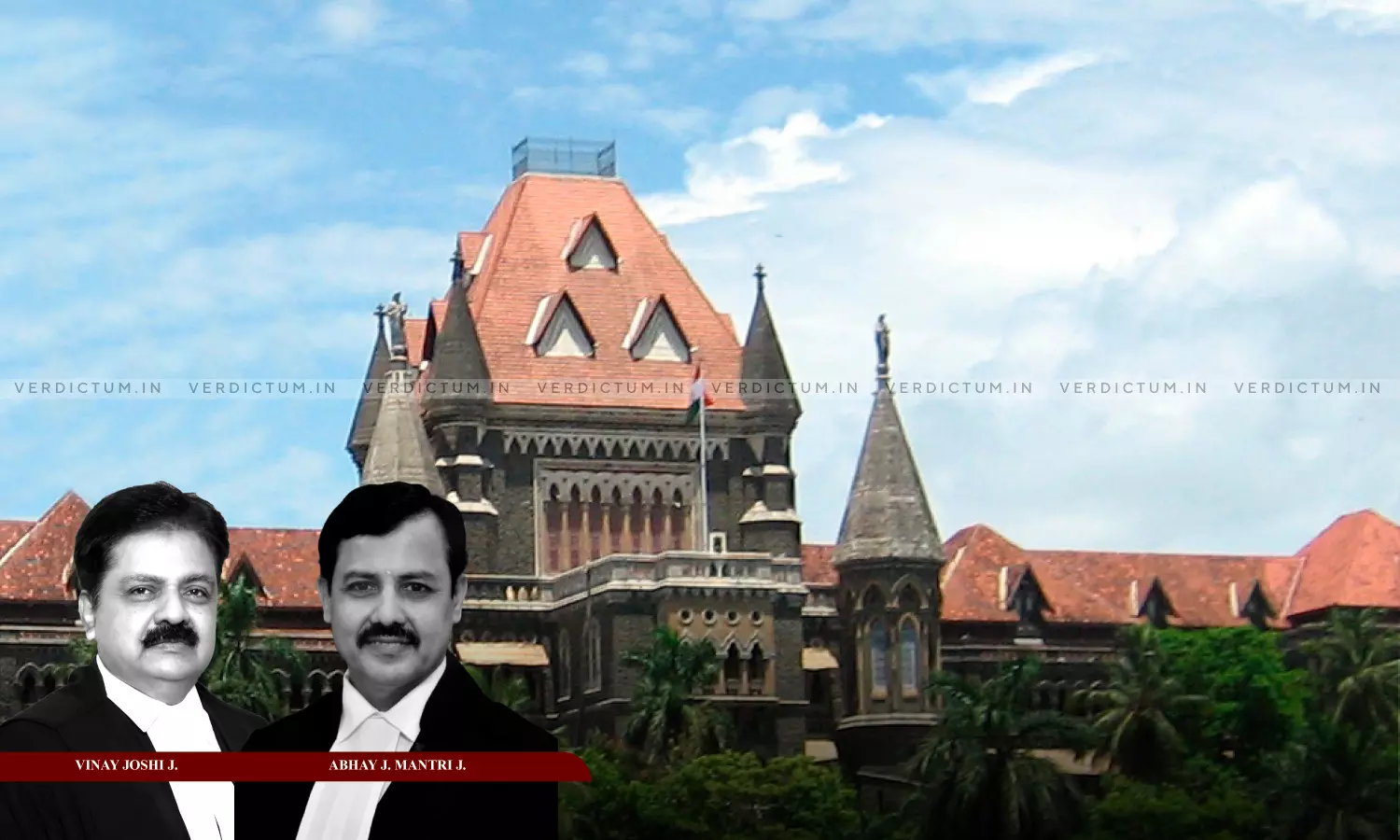
Mere Presence And Words "Mara Mara" Do Not Establish Common Intention: Bombay HC Acquits Three Family Members In Murder Case
 |
|The Bombay High Court recently acquitted three family members accused of murdering a woman, holding that mere presence at the crime scene and uttering the words "mara mara" (beat her, beat her) do not prove common intention under Section 34 of the Indian Penal Code (IPC).
The Bench of Justice Vinay Joshi and Justice Abhay Mantri upheld the conviction and life sentence of the primary accused, Jayanand Dhabale.
The ruling came in an Appeal filed by four family members convicted by the Additional Sessions Judge in Pusad for the murder of Sunanda, a widow who was attacked on May 1, 2015. The Court found that the prosecution failed to establish the necessary elements of common intention for three of the accused—Jayanand’s wife, Ashabai, and his two sons, Niranjan and Kiran.
Advocate S.G. Varshani appeared for the appellant, and Additional Public Prosecutor (APP) A.B. Badar appeared for the State.
Sunanda, the widow of Jayanand’s late brother Vijay, had been living with her in-laws after her husband’s death. Tensions arose within the family, as the Dhabale family accused Sunanda of practicing black magic, allegedly causing illnesses and misfortune.
On the morning of the attack, Jayanand was seen wielding an axe while Sunanda lay gravely injured. Eyewitnesses testified that Ashabai encouraged the assault by shouting "mara mara," while Niranjan and Kiran were present at the scene.
The prosecution argued that the family members acted with a shared intention to murder Sunanda, and their actions constituted a coordinated effort to kill her. However, the defense contested these claims, asserting there was no prearranged plan or concerted effort to commit murder.
The Court noted that the evidence did not indicate any prior conspiracy or concerted action among the accused to kill Sunanda. Justice Vinay Joshi and Justice Abhay Mantri emphasized that mere presence at the crime scene or encouraging words like "mara mara" do not invoke the ingredients of common intention under Section 34 IPC.
“As discussed above, the mere presence of accused Nos. 2 to 4 on the spot or uttering the words to beat her as ‘mara mara’ does not invoke the ingredients of Section 34 of the IPC to commit her murder,” the Court stated.
The Bench further observed that the prosecution failed to show that Ashabai, Niranjan, and Kiran were aware of Jayanand’s intention to kill Sunanda or participated in the planning or execution of the crime. The Court concluded that Ashabai’s words, "mara mara," could be interpreted as an exhortation to beat rather than kill Sunanda. Without evidence of a prearranged plan or shared intention, the Court ruled that Section 34 IPC, which pertains to acts done in furtherance of common intention, was not applicable.
“In the absence of the same [common intention], [Section] 34 of the IPC would not be attracted,” the Bench said.
Conclusively, the Court acquitted Ashabai, Niranjan, and Kiran of charges under Section 302 read with Section 34 IPC. However, it upheld the conviction and life sentence of Jayanand Dhabale, who was found to have carried out the fatal attack on Sunanda.
Cause Title: Jayanand & Ors. v. State of Maharashtra [Neutral Citation No. 2024:BHC-NAG:12447-DB]
Click here to read/download the Judgment